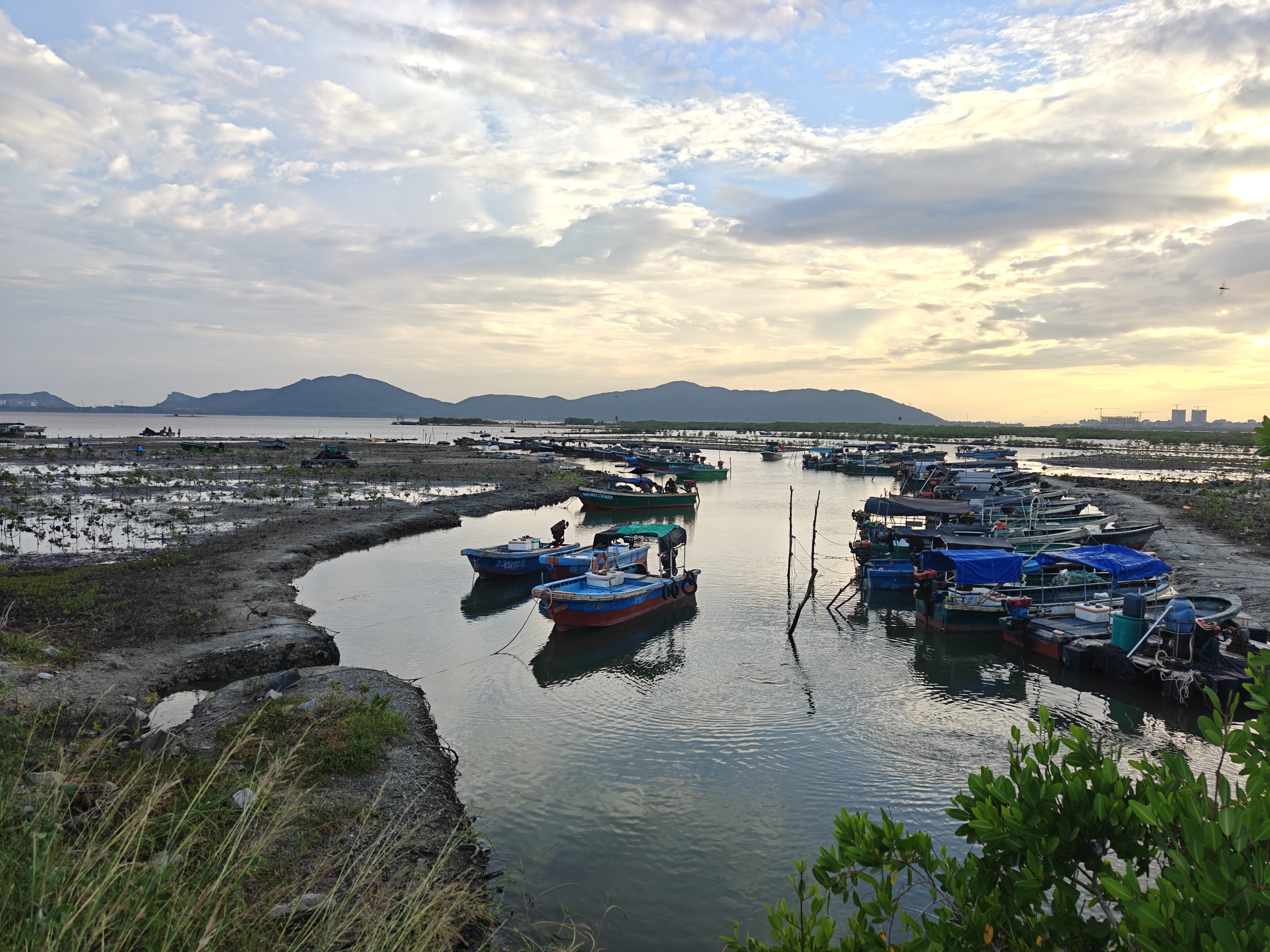SEA Grants is a flagship pilot program designed to catalyze local, sustainable solutions for marine and coastal conservation across the East Asian Seas. Awardees’ grassroots actions will contribute to the implementation of the SCS SAP targets related to habitat protection, sustainable resource use (including fisheries), and pollution reduction.
Why SEA Grants Matter
The grants directly address the critical environmental challenges facing the South China Sea and Gulf of Thailand Large Marine Ecosystems (LMEs). These LMEs are global centers of shallow water tropical marine biodiversity, essential for regional food security and economic stability. However, coastal communities are at the highest risk globally from the impacts of accelerating environmental degradation and the ongoing climate crisis.
SEA Grants is unique because it is built for sustainability and longevity, tackling the core problem that most conservation projects end when the funding runs out:
-
The grants ensure that conservation efforts are driven by the very people who rely on the ocean—local communities in the neighboring countries.
-
A minimum of 25% of the budget for each project must be dedicated to establishing income-generating systems or other sustainability mechanisms. This ensures the project continues to yield benefits for the environment and local populations long after the grant period ends.
The initiative is designed to lay the groundwork for SEA:PUFFER (Seas of East Asia Partnership United towards a Financing Facility for Environmental Restoration and Conservation), a proposed long-term regional financing facility for marine conservation.
Investment and Support
The inaugural cohort of seven SEA Grants awardees collectively received a total investment of US$350,000.
-
Each of the seven selected projects receives $50,000.
- Projects are implemented over a duration of 12 to 18 months.
-
Beyond funding, awardees receive crucial mentoring and networking support to help their projects become successful and sustainable.
Inaugural Cohort: The Seven Pilot Projects
On 7 November 2025, we launch the first cohort of SEA Grants awardees to receive a total of US$ 350,000 for their local actions. Read the UNEP Press Release.
The seven pilot projects demonstrate innovative and integrated approaches across key thematic areas, contributing directly to the SCS SAP goals related to habitat protection, sustainable resource use, and pollution reduction. Projects were selected from a strong pool of applicants through a rigorous evaluation criteria with importance placed on the ratio of the grant (a minimum of 25 per cent of the budget) dedicated to sustainability or income-generating systems.
| Country | Organization (Lead) | Project Title (Focus) | Key Impact |
| Cambodia | SAMAKY Organisation | Kampot Dolphin Ecotourism | Transforms fishers into dolphin stewards by reinvesting ecotourism profits into conservation. |
| China | Lingshui Pioneer Community Development Center (PCDC) | Sustainable Coastal Ecotourism in Tonghai Village | Establishes a community-led ecotourism business with a financial model that funds permanent conservation efforts. |
| Indonesia | Yayasan WeBe Konservasi Ketapang | Community-Led Marine Conservation and Blue Livelihood Enhancement | Defends coral reefs and mangroves by integrating digital monitoring with sustainable blue economy solutions (e.g., crab farming). |
| Malaysia | Reef Check Malaysia | Community Marine Conservation Leaders | Trains local youth in coral reef monitoring and rehabilitation to create a self-sustaining network of marine experts. |
| Philippines | Seedcore Agri Industrial Corporation | Climate-Resilient Seaweed Farming | Provides profitable, climate-adaptive livelihoods for vulnerable households using a carbon-sequestering seaweed strain. |
| Thailand | Pacific Environment | Scaling Community-Led Coastal and Marine Conservation | Scales up successful co-management efforts in Trat Province by establishing self-financing mechanisms for long-term MPA/OECM protection. |
| Viet Nam | University of Economics Ho Chi Minh City (UEH) | Women4Mangrove | Scales women-led regenerative livelihoods (herbal tea, agritourism) directly linked to mangrove restoration and ecological protection. |










